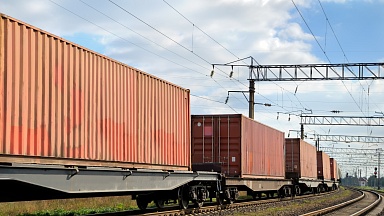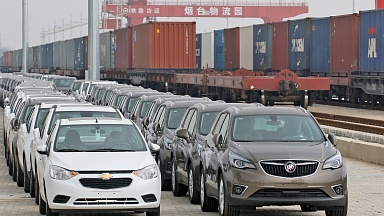This was emphasised by the World Customs Organization (WCO), the lntergovernmental Organisation for International Carriage by Rail (OTIF) and the Organisation for Co-operation between Railways (OSJD) in a joint statement. «We would like to recall that the WCO’s Revised Kyoto Convention (RKC) contains provisions enabling the application of flexible customs procedures that allow for the acceptance of electronic documents», the statement reads.
WCO members are encourage by the organisations to permit goods declarations and supporting documents to be submitted by electronic means. Customs administrations are also encouraged to give due consideration to the fact that any commercial or transport document should be accepted as the goods transit declaration for the consignment concerned, if it meets all customs requirements.
ln addition, the WCO has launched various initiatives to ensure that the latest and most reliable information and tailored guidance reaches its members and global supply chain stakeholders. The dedicated COVID-19 section of the WCO website compiles all relevant existing WCO instruments and tools, HS classification reference for COVID-19 medical supplies, over 100 submissions by WCO members on the measures implemented in response to the COVID-19 pandemic, and a paper by the WCO Private Sector Consultative Group, among others.
«Since the World Health Organization’s (WHO) declaration of the COVID-19 pandemic, borders around the world have been deeply impacted, and customs administrations, transport authorities and the railway sector are doing their part to prevent and fight the spread of COVID-19, while trying to safeguard supply chain continuity», the statement reads.
«International railway transport is an important backbone for the continuity of global supply chains. Now more than ever, international railway transport is playing a vital role in ensuring sustainability in the supply of goods, particularly medical and essential goods.»




